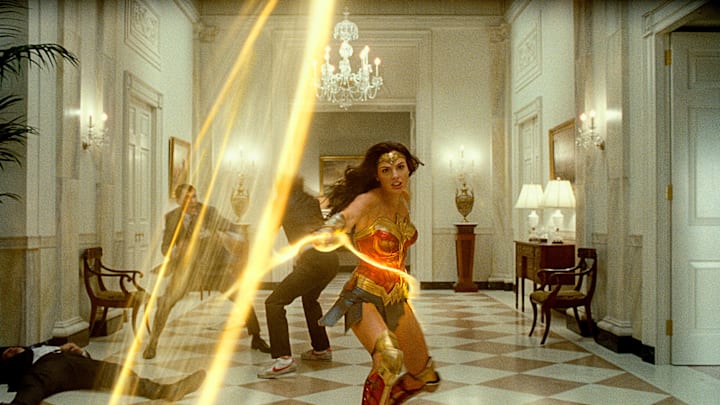It’s the Marvel/DC crossover fans never expected, as suddenly some DCEU movies are showing up on Disney+! Why is this happening and could more be joining?
Much has been written about the issues of the MCU in the last year but that’s nothing compared to the DCEU. Warner Bros’ attempts to create their own cinematic universe to compete with Marvel should have worked. After all, you had Superman, Batman, Wonder Woman, Flash and more of the most iconic characters in all of pop culture. Surely, this could work, right?
Wrong. The DCEU has been an unmitigated disaster almost from the get go. Fans weren’t happy with Zack Snyder’s attempts to “gritty up” Superman and Batman v Superman: Dawn of Justice was a mess. Then came the debacle of Justice League with Snyder having to bow out before production finished with Joss Whedon doing extensive reshoots with a stupid story and moments (famously having to CGI Henry Cavill’s mustache) for a letdown. Snyder then put together his own extensive cut of the movie that's been met with much wider acclaim.
There were a few bright spots like Wonder Woman, Shazam and Aquaman. However, things got crazier as Black Adam was going to have Cavill’s Superman returning, but then The Flash was subjected to everything from extensive rewrites/reshoots to personal problems with star Ezra Miller.
It all culminated in the announcement that James Gun was going to totally reboot the entire thing, with Aquaman: The Lost Kingdom being a weak conclusion to the DCEU. What matters is that Warner Bros. owns the whole thing, so it’s not something you’d expect on Disney+.
Which is why some may be surprised that popping up on the streamer is the first Wonder Woman movie alongside Shazam and the sequel Shazam: Fury of the Gods. So, just how is it that Disney can have movies from what Marvel likes to call the Distinguished Competition?
Why Disney+ can have DCEU movies
The issues revolving around movie rights and streamers can be pretty complex and it’s bizarre how some movies and TV shows can come and go from streamers with no warning. Most DC movies are on Max, owned by Warner Bros. but other times they can be found on streamers such as Netflix or even Hulu. Most recently, the free streamer Tubi has added more recent DCEU films like The Suicide Squad and Black Adam as well as the separate The Batman film.
Warner Bros. has been having more than its share of issues so this is probably simply them trying to get more cash by licensing to other streamers. While some DCEU movies have gone to Netflix, Disney's deep pockets may mean more cooperation for these studios.
It's quite unlikely WB will allow some of the bigger gun movies like Superman or Batman to be on Disney+ given the rights to the original creators' estates. It's likely there are some secret loopholes that's allowed Disney to be able to air these other films so unsure if more could happen.
It is notable that the three DCEU movies on Disney+ can be considered the more “family friendly” of the bunch. Wonder Woman has the iconic heroine in a fine adventure while the Shazam movies have far more humor and the tale of a youth transforming into an adult hero perfect for Disney+.
There’s no word yet on whether other DC movies may also emigrate to Disney+. The recent merger with Hulu (which has shown some HBO content) may change that. For now, Disney+ fans can enjoy mixing some DC heroes alongside Marvel ones for the closest to an intercompany crossover as we’re going to get.
